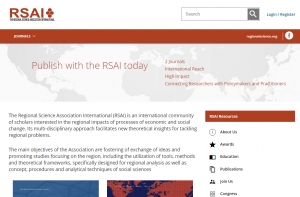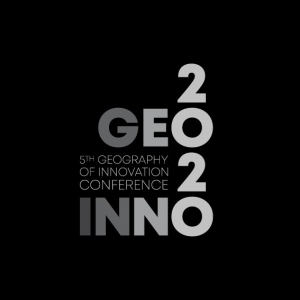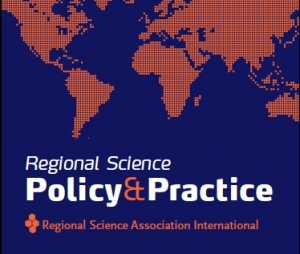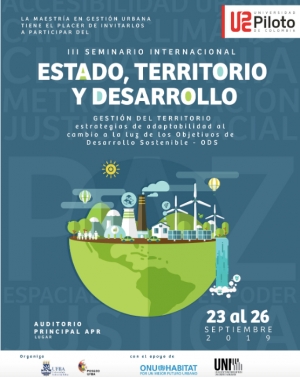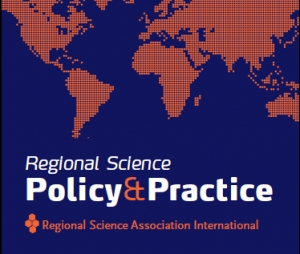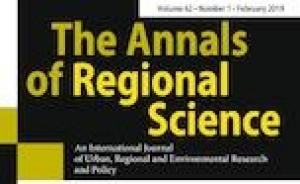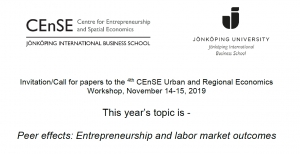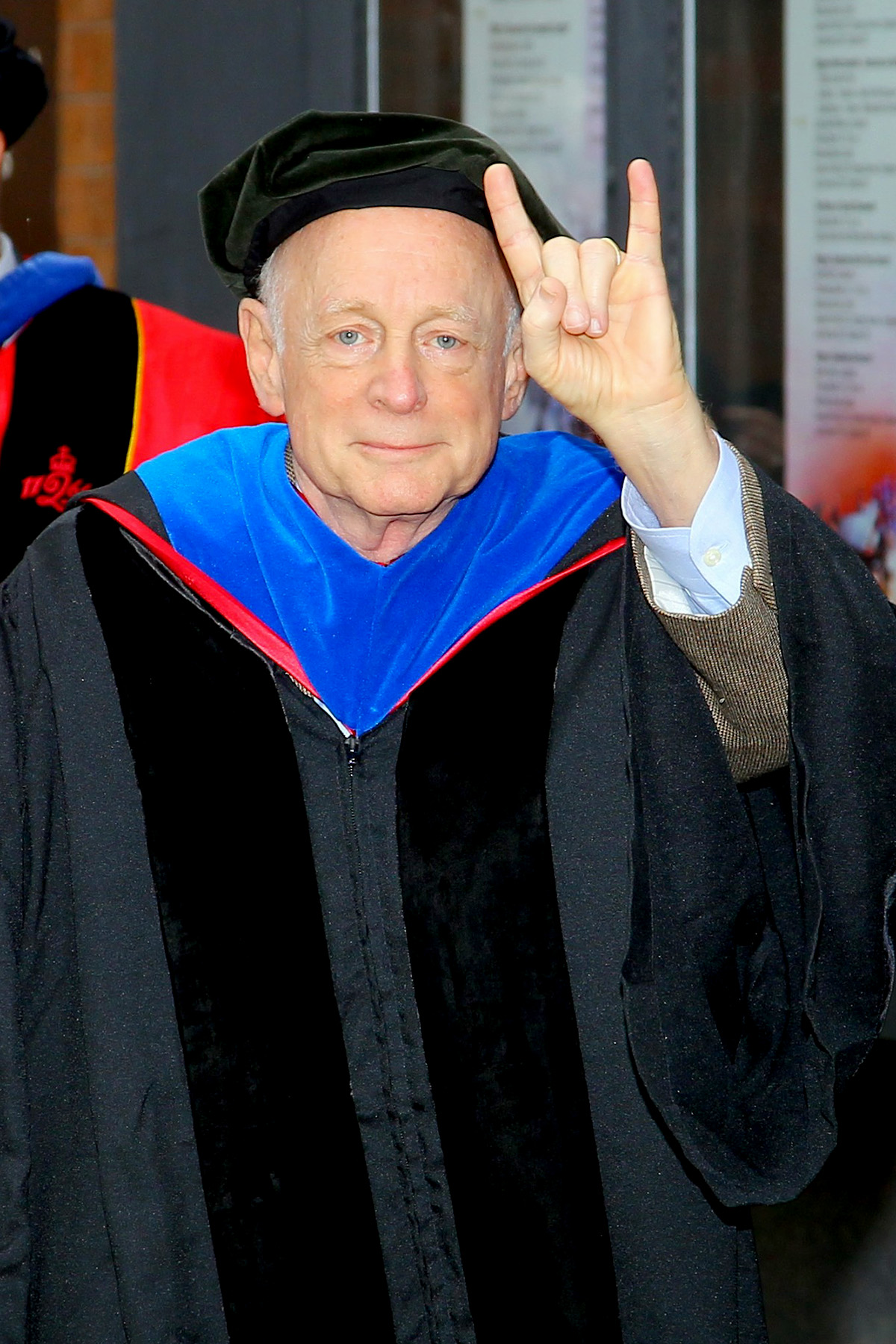
Norman Glickman, a retired University Professor at Rutgers University’s Edward J. Bloustein School of Planning and Public Policy, passed away on Wednesday, May 8. He was 76.
During his tenure at Rutgers University (1989-2015), he conducted research and teaching in urban planning and public policy and studied the work of non-profit organizations. Stuart Shapiro, Associate Dean of Faculty at the Bloustein School said, “Norm was a treasured part of the Bloustein community. He was a great teacher, a dedicated mentor to junior faculty, and a good friend to many of us.”
From 1989 to 2000, Dr. Glickman directed the Rutgers University Center for Urban Policy Research, which became part of the Edward J. Bloustein School of Planning and Public Policy at its inception in 1992. During that time, he and CUPR won awards for research and service from the United Nations, the Fannie Mae Foundation, the APA, and other organizations. In 2003, Dr. Glickman was part of a team at Rutgers that received a five-year, $10-million grant from the National Science Foundation to establish a Center for Learning and Teaching. The thrust of the CLT was “Mathematics and America’s Cities” and Professor Glickman’s role was to research and teach about the connection between math teaching in inner-city schools to institutions and families in poor neighborhoods.
He served as the co-director for the Rutgers Economic Advisory Service (R/ECON) at the Bloustein School from 1991-2003, which continues to provide forecasting and other economic analyses for businesses and governments.
Dr. Glickman was the author of numerous books, monographs, and reports, including The New Competitors: How Foreign Investors Are Changing the U.S. Economy (New York: Basic Books, 1989) with Douglas P. Woodward, which was translated into Japanese, Mandarin Chinese and Spanish; Choices for American Industry (Washington, D.C.: Labor Policy Institute, 1987) with Ray Marshall; Econometric Analysis of Regional Systems: Explorations in Model Building and Policy Analysis (New York: Academic Press, Inc., 1977); and Economy in Crisis: The State of Working New Jersey, 2009 (New Jersey Policy Perspective, 2009). After his retirement in 2015, he edited and contributed to LBJ’s Neglected Legacy: How Lyndon Johnson Reshaped Domestic Policy and Government (University of Texas Press, 2018). He served on the editorial boards of several journals including Journal of Planning and Markets, Regional Studies, Planning and Markets, Journal of Planning Literature, International Regional Science Review, Urban Affairs Quarterly, Journal of Regional Science, and Regional Science and Urban Economics, among others.
Prior to coming to Rutgers, Dr. Glickman was the Mike Hogg Professor of Urban Policy and Professor of Economics at the Lyndon B. Johnson School of Public Affairs, University of Texas at Austin (1983-1989), where he taught courses in political economy, urban and regional economics, and urban poverty. He was named a professor in the Department of City and Regional Planning at the University of Pennsylvania in 1970, where founded and directed the Urban Studies Program (1970-74). At Penn he was awarded the Lindback Prize for Distinguished Teaching from the University of Pennsylvania and holds HUD’s Certificate of Special Achievement.
“Norm’s academic record speaks for itself. At the University of Pennsylvania, Texas and at Rutgers, he was a major player in developing and analyzing social and economic policies for cities and metropolitan regions. CUPR and Norman individually won many awards and grants for path-breaking policy-related research,” said Michael R. Greenberg, a long-time colleague, University Professor and former dean of the Bloustein School.
Throughout his career Dr. Glickman also served as an advisor to U.S. Department of Housing and Urban Development on national urban policy, was a member of Governor James J. Florio’s Council on Job Opportunities (1992-1993), was a member of the City of Austin, Texas Economic Development Task Force for the Austin Comprehensive Plan and served as chair of the Economic Development Commission for the City of Austin (1985-1989), and served on the Vice President’s Task Force on Youth Employment as a principal analyst for the U.S. Department of Housing and Urban Development.
He was the recipient of the President’s Award the highest honor of the New Jersey Chapter of the American Planning Association, given to CUPR for its contribution to urban planning in the state of New Jersey and was awarded a Certificate of Special Achievement by the U.S. Department of Housing and Urban Development.
Dr. Glickman also worked with community development organizations throughout the country on issues of economic development and poverty and was a certified mediator of public policy disputes.
An economist, Dr. Glickman earned his Ph.D. in City and Regional Planning, Master of City and Regional Planning, and Master of Art in Public Policy and Management as well as a bachelor’s degree in economics from the University of Pennsylvania.
A memorial service will be held on Sunday, May 19 at 2:00 p.m. at Lawrenceville Presbyterian Church, 2688 Lawrenceville Rd, Lawrenceville, NJ.

